Singing With Understanding: "Our God, He Is Alive"
David Maravilla
“Our God, He Is Alive” is a familiar hymn to people in churches of Christ. It was written in 1966 by Aaron Wesley Dicus (1888-1978), a man whose life was filled with noteworthy achievements. While biographical information about Dicus is available from many sources, information about his most popular hymn is not as easy to come by.
Historical Setting
Good hymns last for many generations. Every indication, so far, is that “Our God, He Is Alive” is one of those enduring hymns, at least in churches of Christ. Its timeless qualities make it easy to overlook the specific purpose for which it was written; and while Christians both young and old are fond of this hymn, many do not realize its historical significance.
In the 1960s, a theological movement began in America that was characterized by the phrase “God is dead.” The movement resulted from the book The Death of God, written by Gabriel Vahanian. Vahanian and other leaders in the movement were not actually anti-God, though that was not easy to decipher in all the controversy. Their point was that God was dead in the minds of most people in the sense that modern people showed little concern for God. Nevertheless, the mere mention of God’s death raised the ire of believers across the country, and unbelievers quickly joined the debate to oppose those who affirmed that God remained alive and active.
The controversy escalated and soon saturated the media. From the believers’ perspective, the coverage seemed to be intentionally confrontational. For example, the April 8, 1966 cover of Time magazine simply read, “Is God Dead?” (See the accompanying article here: www.time.com/time/magazine/article/0,9171,835309,00.html. t every turn, Christians had to endure reading “God is dead” displayed on everything from newspapers to billboards.
An Answer for Christians
“But sanctify the Lord God in your hearts, and always be ready to give a defense to everyone who asks you a reason for the hope that is in you, with meekness and fear; having a good conscience, that when they defame you as evildoers, those who revile your good conduct in Christ may be ashamed.” (1 Pet. 3:15-16)
The daily bombardment with the assertion that “God is dead” compelled Christians to respond. In the same year that Time asked, “Is God dead?” the answer from the pews came in the form of a powerful hymn: “Our God, He is Alive!” The timing of Dicus’ hymn was not a coincidence; it was written as a rebuttal and soon became as big a “hit” as a hymn can become among churches of Christ. Copies were pasted into hymnbooks in churches across America because it was the ideal rejoinder to those who claimed God was dead.
Picture Christians meeting to worship God while a billboard outside boldly stated, “God Is Dead.” Consider how meaningful singing “Our God, He Is Alive!” would be under those circumstances. Without understanding the setting, it is easy to miss the original tone of the hymn – a clear and defiant “Your God may be dead, but our God is alive!” By presenting God as the Creator who has spoken and the One who holds the secret to life and who grants salvation, the four verses provide evidence that God is indeed living.
Then and Now
While the official “God is dead” debate ended decades ago, worldly people continue to ignore God, behaving as if He were dead. Unfortunately, it will always be that way, and that makes “Our God, He Is Alive” an appropriate hymn to use for worship in any generation.
Truth Magazine Vol. LIII: 9 September 2009
